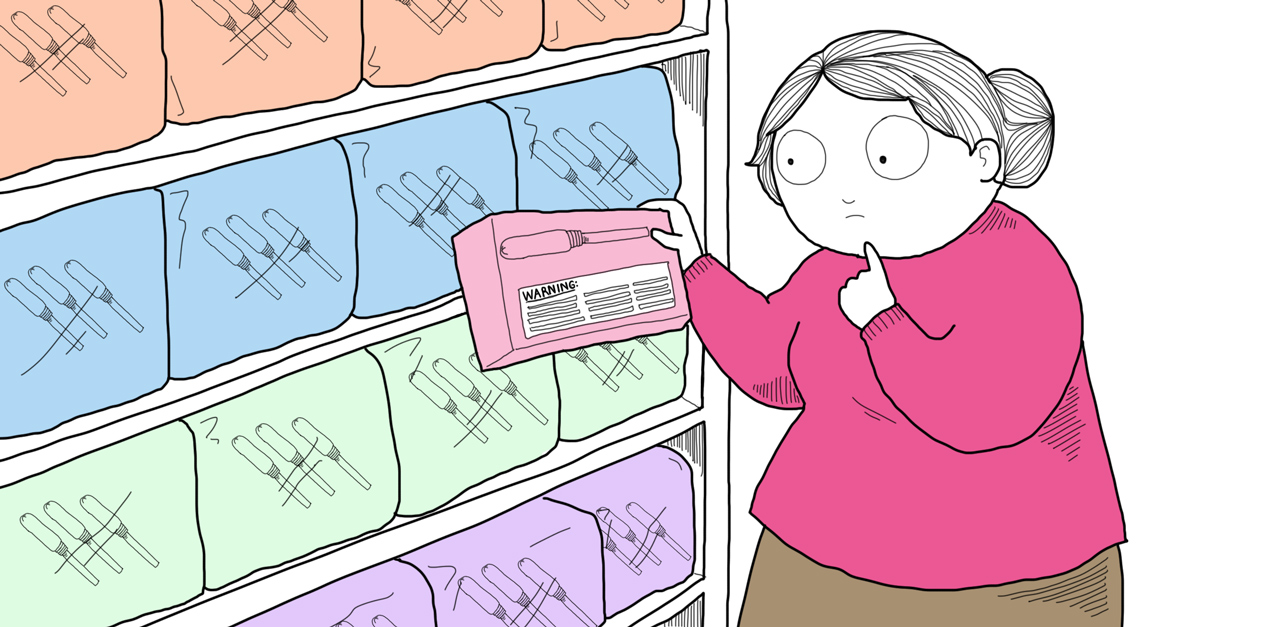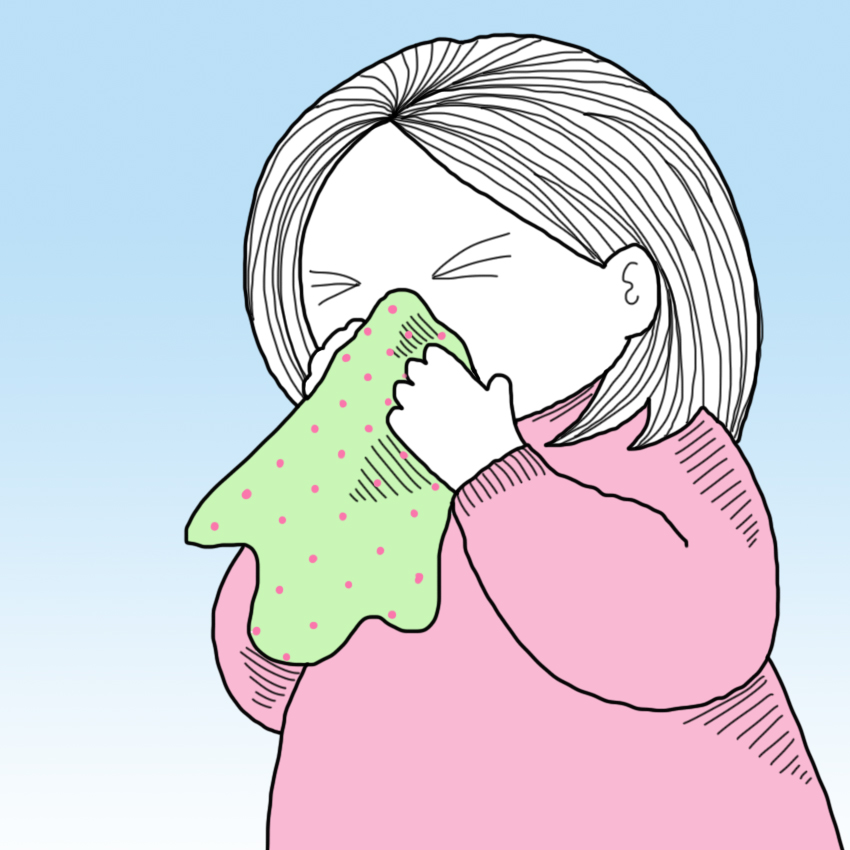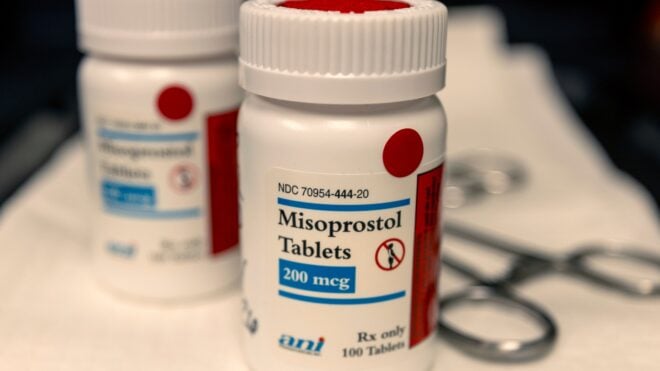
Learning how to use tampons for the first time is intimidating enough on its own. The experience is only made more daunting by the obligatory toxic shock syndrome warning marked imposingly on the tampon box.
Most ladies are aware of the potentially deadly condition. We know not to keep a tampon in for too long and have all probably rushed to the bathroom once or twice for fear that we're running out of time.
While it's great that we know the basics to keep ourselves safe, there is a whole lot about toxic shock syndrome that most people have no idea about.
For example, the condition is caused by more than just tampons, and even animals can experience it, too.
Luckily, toxic shock syndrome, or TSS, is extremely rare. Still, it's important to know the facts, and how you and your loved ones can avoid falling victim to this preventable condition.
Thumbnail Photo: Wikimedia Commons / Jmeb
What Is TSS?

First of all, what is TSS?
According to the Mayo Clinic, toxic shock syndrome is "a rare, life-threatening complication of certain types of bacterial infections."
The buildup of two specific types of toxic bacteria, Staphylococcus aureus and group A streptococcus, are what cause TSS.
At a certain point of exposure, the body will go into toxic shock.
1. It Is Related To Staph Infection

Interestingly enough, Staphylococcus aureus is the same type of bacteria that causes staph infection.
Knowing this, it's no wonder that TSS can have consequences as deadly as any other case of staph.
2. It's Not Just Contracted From Using Tampons

Historically, TSS has been linked to tampons, as most of us know.
However, the rates of TSS caused by tampon use have declined significantly since manufacturers improved the quality of their products, according to the Mayo Clinic.
3. It Can Be Caused By Other Feminine Hygiene Products

Products like sponges, diaphragms, and cervical cups can also lead to TSS.
Therefore, it's important to exercise caution if you use these things, too.
4. It Can Also Affect Men

While women are usually the victims of the feminine product that cause TSS, there are other causes that can affect anyone as well.
The Mayo Clinic agrees that it can impact men, children, and postmenopausal women, too.
5. You Can Get It From Cuts

One of the ways men and everyone else can get TSS is through cuts and open wounds.
The bacteria can make its way inside the body and become trapped the same way it does when caused by a tampon.
6. It Is Also Linked To The Use Of Prosthetics

Another trigger for TSS and the buildup of fatal toxins is the use of prosthetics.
According to the CDC, the number of TSS cases related to prosthetics have increased with the rise in use of these devices.
7. It Can Occur After Surgery

Accidental wounds can be gateways for TSS, but so can surgical wounds.
The good thing about this is that you are in the right place to be treated if this rare complication were to arise.
8. It Can Cause Flu-Like Symptoms

Toxic shock can happen suddenly, but the duration depends on the specific case.
Harvard Health reports that flu-like symptoms such as fever, chills, muscle aches, nausea, vomiting, and diarrhea are all common.
When To See A Doctor

If you are concerned that you, or someone you know, is suffering from toxic shock syndrome, it's important to seek medical attention immediately.
Harvard Health sanctions TSS a medical emergency that should be treated accordingly.
Be sure to SHARE this information with your loved ones!




